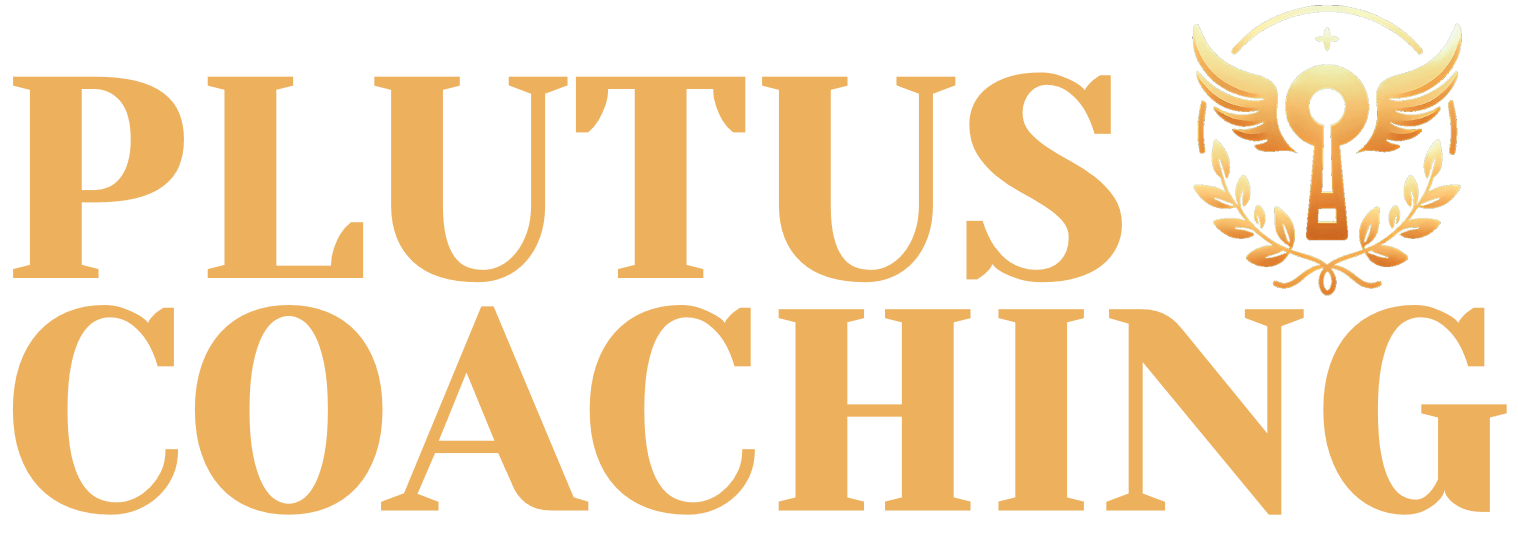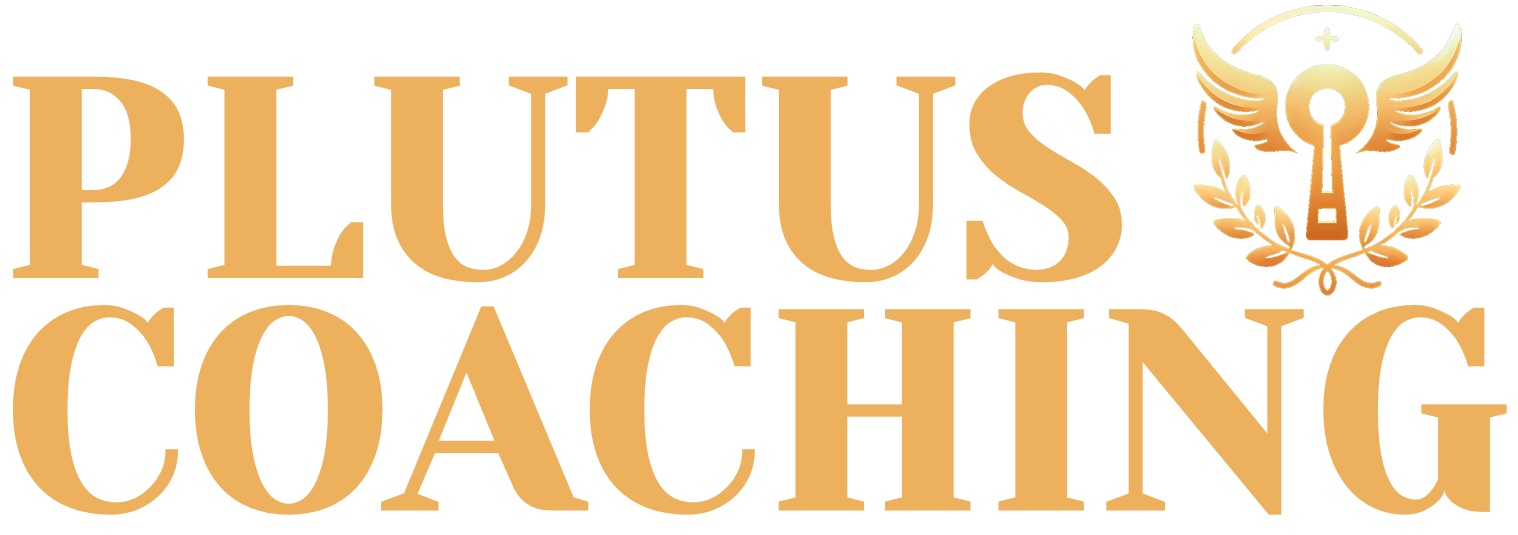Welcome to Part 7 Negotiating Debt and Dealing with Creditors of our series on achieving financial freedom! In the last section, we covered Cutting Costs and Increasing Income, helping you understand how to reduce unnecessary spending and find ways to bring in more income. Now with this in place, we’re ready to take the next big step.
Today, we’re talking about something that many people find intimidating—dealing with creditors and negotiating your debt.
So in this section we’ll explore how to communicate effectively with creditors, negotiate lower interest rates, set up manageable payment plans, and even settle debts for less than you owe. The goal is to give you confidence and clarity when navigating these conversations, helping you reduce financial stress.
1. Understanding Why Negotiating with Creditors is Important
Reducing Financial Strain:
Negotiating with creditors can significantly reduce your financial burden. By discussing lower payments, reduced interest rates, or even settling the debt for less than the total amount owed, you can ease the pressure on your monthly budget. These negotiations give you breathing room, making it easier to manage everyday expenses while working toward debt freedom.
Avoiding Default and Protecting Your Credit Score:
One of the biggest benefits of negotiating is that it helps you avoid defaulting on your loans. Defaults and missed payments can severely damage your credit score, making it harder to obtain future credit or even secure housing and jobs. By proactively communicating with creditors, you show your willingness to resolve the issue, which could prevent missed payments from appearing on your credit report.
Debt Repayment Flexibility:
Creditors are often willing to work with you because they’d prefer to recover some of the debt rather than nothing at all. Most creditors will offer flexible options, such as extending the repayment period, reducing monthly payments, or even temporarily pausing payments if you’re in a tough financial spot. By negotiating, you can create a more manageable repayment plan tailored to your financial situation, ensuring you stay on track.
2. Preparing to Negotiate: What You Need to Know Before Contacting Creditors
Step 1: Understand Your Financial Situation
Create a Clear Picture of Your Debt:
Before contacting creditors, it’s essential to fully understand the details of your debt. Gather all relevant information, including how much you owe, the interest rate, minimum payment amounts, and the due dates for each debt. Knowing these specifics will allow you to have informed conversations and make realistic proposals.Set a Budget:
Review your current income and expenses to determine what you can comfortably afford to pay each month. This will not only help you manage your finances but also give you a solid foundation when proposing a payment plan. By knowing what you can offer, you can avoid overcommitting and ensure that any repayment agreement is sustainable.
Step 2: Know What You Want to Achieve
What Are Your Goals?:
Decide in advance what you hope to achieve from the negotiation. Are you seeking to reduce your interest rates? Would you prefer a more manageable payment plan, or are you aiming for a debt settlement where you pay off less than what you owe? Having clear goals will guide your conversation and help you stay focused during negotiations.Be Prepared with Alternatives:
While it’s important to have a primary goal in mind, it’s equally important to be prepared with alternatives. For instance, if a creditor refuses to lower your interest rate, they may be open to extending the repayment period or reducing your monthly payments. Being flexible increases your chances of finding a solution that works for both parties.
Step 3: Organize Your Documentation
Document Everything:
Be ready to provide documentation to support your case. Have all of your debt-related paperwork, including loan statements, credit card bills, and any income and expense reports. This documentation is essential in demonstrating your financial situation and will show creditors that you are serious about finding a resolution.Write Down Your Request:
Before you make the call, write down what you plan to say. Clearly outline your request, including what type of assistance you’re seeking, and rehearse it if needed. Being organized and clear will make the conversation go smoothly, ensuring that you effectively communicate your needs to the creditor.
3. How to Communicate with Creditors
Step 1: Be Proactive, Not Reactive
Contact Creditors Before You’re Late:
The earlier you contact your creditors, the better. If you know you’ll have difficulty making payments, don’t wait until you’ve missed one. Reaching out before any problems arise shows responsibility and gives you the opportunity to negotiate before your situation worsens. Creditors are more willing to work with someone who is proactive about resolving their debt issues.Show Willingness to Pay:
When speaking to creditors, express that you’re committed to paying back what you owe but are facing challenges that make it difficult to meet the current terms. Make it clear that you are not trying to avoid payment but rather seeking a more manageable solution to meet your obligations.
Step 2: Stay Calm and Professional
Remain Calm and Courteous:
Discussing debt can be stressful, and it’s natural to feel overwhelmed or frustrated. However, keeping your emotions in check and staying professional during the conversation is essential. This will not only help you negotiate more effectively but also encourage the creditor to treat you with respect. Remember, the person on the other end of the line is there to assist you.Use Positive Language:
Frame your requests in a positive, collaborative manner. Instead of sounding desperate or demanding, use language that shows you’re willing to work with the creditor. For example, saying, “I want to find a way to meet my financial obligations. Can we explore some options to lower my payments?” demonstrates a cooperative attitude that can lead to better outcomes.
Step 3: Be Persistent
- Follow Up:
Sometimes, you might not get the result you want on the first call. If this happens, don’t be discouraged. Politely ask to speak to a supervisor if necessary, or try calling back on another day. Persistence can often pay off. Some creditors may be more flexible than others, and following up shows that you’re serious about finding a solution.
4. Strategies for Negotiating with Creditors
Strategy 1: Request a Lower Interest Rate
Why It Works:
Lowering your interest rate means that more of each payment goes toward reducing your principal balance rather than just covering the interest. This helps you pay off your debt faster and can significantly reduce the overall cost of the loan or credit balance.How to Ask:
Approach the conversation with respect and gratitude for your creditor’s past service. You can say something like, “I’ve been a loyal customer, and I’m struggling to manage my payments. Would you be willing to reduce my interest rate to make it more affordable?” This lets them know you’re serious about repaying the debt but need some relief to continue doing so.What to Expect:
Creditors may be willing to lower your interest rate, especially if you have a good payment history or if you can demonstrate financial hardship. If they decline initially, don’t hesitate to follow up or ask for alternative solutions.
Strategy 2: Set Up a Payment Plan
Why It Works:
Many creditors prefer receiving consistent, smaller payments over time rather than dealing with missed payments or defaults. A payment plan allows you to make smaller, manageable payments while staying current with your debt obligations.How to Ask:
A direct yet respectful request like, “I’m currently facing financial difficulties. Could we arrange a payment plan that fits within my budget until I get back on my feet?” can help open the discussion. This shows you’re committed to resolving the issue, even if you can’t pay in full right now.Key Points:
Be prepared to propose a monthly amount you can realistically afford. Creditors may offer short-term plans with reduced payments or long-term plans with fixed payments. It’s important to choose an arrangement that works for your budget, so you don’t risk falling behind again.
Strategy 3: Request a Temporary Forbearance or Deferment
Why It Works:
Forbearance allows you to pause or reduce your payments for a set period if you’re experiencing temporary hardship, such as a job loss or medical emergency. This gives you breathing room while you get back on your feet without falling further into debt.How to Ask:
Politely explain your situation: “Due to a recent hardship, I’m unable to make my current payments. Can we discuss a temporary forbearance to help me through this period?” Be clear about why you need the pause and how long you anticipate needing relief.Be Aware:
Even though forbearance can provide relief, interest might continue to accrue on your balance, increasing your total debt. Make sure you understand the terms before agreeing to anything and ask whether interest can be paused as part of the arrangement.
Strategy 4: Negotiate a Settlement
Why It Works:
If you’re unable to repay the full amount of your debt, creditors may be willing to settle for a lump sum payment of less than the total owed, especially if the debt is old or they’re concerned about potential default. Settling allows them to recover at least part of the money, and it helps you clear the debt.How to Ask:
Be upfront about your inability to pay the full amount and offer a lump sum you can afford. For example, you could say, “I want to resolve this debt but can’t afford the full amount. Would you be willing to settle for a lump sum payment of [X amount]?”Be Cautious:
Keep in mind that debt settlements may negatively impact your credit score, so only pursue this option if you’ve exhausted all other possibilities. Additionally, ensure you get any settlement agreement in writing to protect yourself legally.
5. Protecting Your Credit Score During Negotiations
Step 1: Get Everything in Writing
Why It’s Important:
Verbal agreements can be misinterpreted, forgotten, or even denied later. To protect yourself, it’s essential to have any new agreement with your creditor documented in writing. This written confirmation serves as proof of the terms and ensures that both parties are clear about the arrangement.What to Look For:
The written agreement should include critical details such as your new payment amounts, due dates, interest rates, and any changes to how the debt will be reported on your credit report. This will help you avoid future disputes and ensure that the creditor follows through on their commitments.
Step 2: Ensure Accurate Reporting
Check Your Credit Report:
After negotiating a new arrangement with your creditor, it’s a good idea to monitor your credit report regularly to make sure everything is being reported correctly. Incorrect reporting could negatively affect your credit score, even if you’re sticking to the new agreement.What to Watch For:
Look out for any inaccuracies, such as missed payments being incorrectly reported, or if a debt you’ve settled is still listed as unpaid. If you find errors, dispute them with the credit bureau to have them corrected as soon as possible.
Step 3: Avoid Defaulting
Stick to the Agreement:
Once you’ve negotiated a new payment plan or settlement, it’s critical to follow through with the agreed-upon terms. Missing payments on a renegotiated debt can further damage your credit score and make it harder to reach new agreements in the future.Re-Negotiate If Necessary:
If your financial situation worsens and you can’t keep up with the new terms, contact your creditor right away. Being proactive and transparent about your situation gives you the opportunity to renegotiate before defaulting, which can help protect your credit score.
6. When and How to Work with a Credit Counselor or Debt Negotiation Company
When to Consider Professional Help
Depending on where you are in the world there maybe some external help available to you. In some countries there are non-profit organization which will be able to assist and in some countries this will be a paid service but it might be worth the price if it helps you to get out of debt faster.
Consider Credit Counseling:
If managing your debt feels overwhelming or you’re unsure how to negotiate effectively, seeking help from a non-profit credit counseling agency may be a good option. These organizations can help you assess your financial situation, create a debt management plan (DMP), and negotiate with creditors on your behalf. They often work with creditors to reduce interest rates and consolidate multiple debts into a single, more manageable payment.Debt Settlement Companies:
For-profit debt settlement companies can help negotiate settlements where you pay less than you owe, but they come with significant risks. They typically charge high fees, and some may advise you to stop making payments while negotiations are in progress, which can further damage your credit. Always be cautious when considering this route and fully understand the potential consequences before proceeding.
Finding Legitimate Help
Non-Profit Organizations:
To avoid scams, consider working with trusted non-profit credit counseling agencies such as the National Foundation for Credit Counseling (NFCC) or Financial Counseling Association of America (FCAA). These organizations are known for offering reliable advice, low-cost services, and ethical practices to help you manage debt without added financial strain.Beware of Scams:
Unfortunately, the debt relief industry is full of scams. Be wary of companies that require upfront fees or promise quick debt relief or forgiveness—these are major red flags. Legitimate companies will never guarantee to wipe out your debt or ask for payment before providing services. Always research companies thoroughly and check their reviews and accreditations before trusting them with your finances.
7. Overcoming Common Challenges in Negotiating Debt
Fear of Rejection
Overcoming Fear:
One of the biggest obstacles people face when negotiating debt is the fear of being rejected or judged. This fear can prevent them from even trying, but it’s important to remember that creditors are often willing to negotiate. By making the effort, you’re taking a proactive step to improve your financial situation.It’s About Business, Not Judgment:
Creditors aren’t there to pass judgment on your financial choices; they’re businesses focused on recovering money owed to them. If they see that you’re making an effort to repay your debt, even if under modified terms, they’re often more than willing to work with you. Don’t let fear keep you from having this important conversation.
What If the Creditor Says No?
Be Persistent:
Rejection is not the end of the road. If your first request is denied, don’t be discouraged. Ask to speak with another representative or a supervisor, as different people may have the authority or flexibility to help you in ways the initial person could not. Persistence can often lead to better results, even if it takes multiple attempts.Explore Alternatives:
If one negotiation tactic doesn’t work, consider trying another. For example, if the creditor won’t lower your interest rate, they might be open to extending your repayment period or offering temporary forbearance. Being flexible in your approach can increase your chances of finding a solution that works for both you and the creditor.
8. Action Steps to Start Today
Step 1: Review Your Debt
Gather all your debt details:
Take time to compile all relevant information about your debts, such as balances, interest rates, minimum payments, and due dates. This will give you a clear picture of what you’re dealing with and help you prioritize which creditor to contact first.Identify which creditor you’ll contact first:
Start with a creditor that either has the highest interest rate or the one you feel most comfortable negotiating with. This will help you build confidence as you move forward with the process.
Step 2: Prepare Your Negotiation Strategy
- Decide what you’re asking for:
Whether you’re requesting a lower interest rate, setting up a more manageable payment plan, or negotiating a settlement, be clear about your goals. Having a defined strategy will make your conversation with the creditor more focused and effective.
Step 3: Make the Call
- Take action today:
Don’t wait. Pick up the phone and contact one creditor to start the negotiation process. The sooner you take that first step, the sooner you can start easing your financial burden. Remember, every successful negotiation brings you one step closer to financial freedom.
In this Section, we have covered how to communicate effectively with creditors, negotiate lower interest rates, set up manageable payment plans, and even settle debts for less than you owe. Additionally we provided an action steps which can do today to progress yourself towards financial freedom.
“In the next Part of this miniseries, we’ll go through Maintaining Motivation and Building Good Financial Habits”
Remember, being in debt is not a life sentence. By gaining awareness and taking the first steps toward managing your debt, you’re already on the path to financial recovery. It takes time, but with the right mindset and strategies, you can break free from the burden of debt.
For more personalized support on your debt-free journey, check out our wealth coaching services. You can also book a consultation to discuss your specific situation and start creating a tailored plan to get out of debt.





